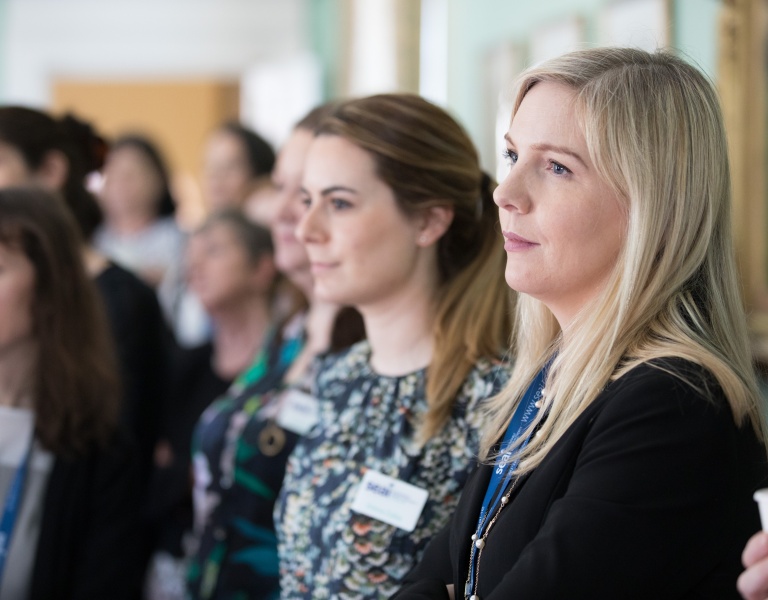Advancing professional development with mentoring
The Women in Energy Network
The subject of mentoring will be discussed at the upcoming 'Women in Energy' event. The event is held in the RDS on Wednesday 27th March. This event, supported by SEAI and sponsored by CIBSE is the third 'Women in Energy' event. The event is run at the annual Energy Show.
Last year's sold-out event centred on the importance of networking for progression in the workforce. Caroline Spillane, Director General of Engineers Ireland, drew on her own life experiences. She spoke about the value that networking brought to her career.
This year, the spotlight will turn its attention towards the value of mentoring in the energy industry. We will learn if formal and informal professional mentorships can help instil new insights, values and approaches to problem solving. And can these boost our confidence and further our careers.
What is mentoring?
Mentoring is a relationship between two people with the ultimate goal of advancing personal and professional development. The "mentor" is usually a person with more and/or diversified experience/ They can coach and advise the "mentee" who has less experience. This can be a very valuable relationship for both individuals.
The benefits for the mentee include learning from the experience of someone who has already 'been there, done that'. This can be an important confidence booster. It can help a mentee conquer certain obstacles and problems that can arise in their careers. Mentoring can also help improve networking and communication skills. It enables people to learn new perspectives and ultimately helps mentees to grow in the workplace. There is always something to learn from the perspective of someone else. This is true even if the other person is at an early stage in his or her career.
There are benefits for the mentor too. This relationship allows them to enhance their own leadership and communication skills. There is a certain satisfaction to be gained from mentoring someone too. Mentors see them conquer their career highs and lows.
Who can mentor?
Ultimately, anyone can be a mentor and similarly anyone can be a mentee. There is normally always one person a step behind and ahead in the career ladder. This can also include someone outside of your organisation. It is always worth reaching out to those in your network to see how you can foster a mentoring relationship.
Examples of famous mentoring relationships in history
- Oprah Winfrey was mentored by the famous author and poet, Maya Angelou through the pivotal moments in her career. Winfrey says, "Mentors are important and I don't think anybody makes it in the world without some form of mentorship".
- Fashion designer, Yves St. Laurent was mentored by fellow designer Christian Dior. Aged just 21, St. Laurent replaced Dior as the designer of the Dior couture house sparking his career.
- Astronaut Sally Ride, the first American woman in space, was mentored by her graduate school professor Dr. Arthur Walker. He encouraged her to apply to NASA's astronaut corps. Ride said, "He instilled confidence and made me believe that I could accomplish what I set out to accomplish."
Do you want to find out how you can use your network to foster a mentoring relationship? Register below for the Women in Energy event. It takes places on Wednesday the 27th of March at 5pm in the RDS.
Speakers include Edith Blennerhasset, Director of Arup and Aoife MacEvilly, Commissioner for the Regulation of Utilities. Both leaders will speak about their experiences of mentoring within the energy sector.
A facilitated discussion will take place afterwards followed by an informal networking event with light refreshments.


